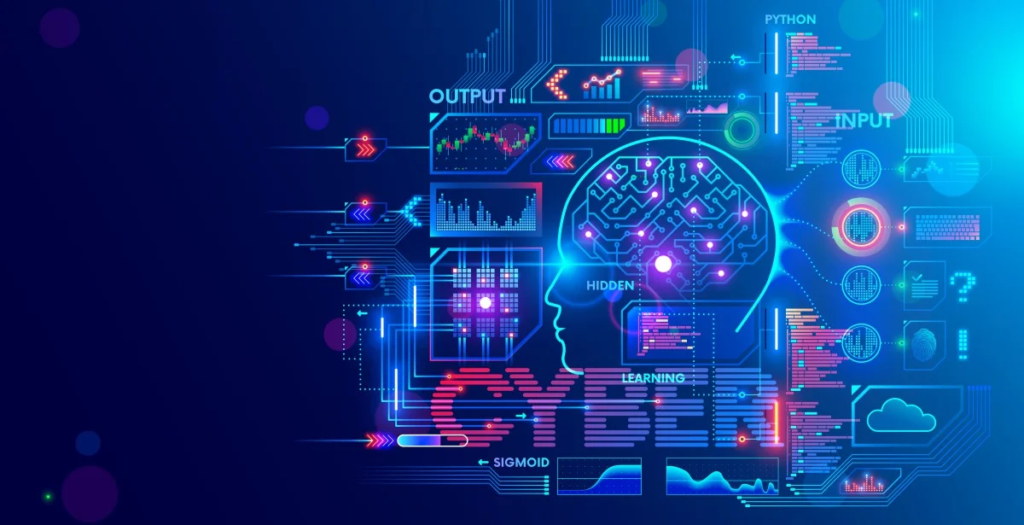
With the rise of technology and the increasing interconnectedness of our world, cybersecurity has become a critical concern for individuals, businesses, and governments alike. The need to protect digital information from unauthorized access, cyber attacks, and data breaches has never been more crucial. In this article, we will delve into the importance of cybersecurity, its impact on different sectors, and the measures that can be taken to enhance security in the digital realm.
In today’s digital age, our reliance on technology has made us more vulnerable to cyber threats. From personal data stored on our devices to sensitive information held by organizations, the potential for cyber attacks is ever-present. As a result, cybersecurity has emerged as a vital component of our overall security framework. It encompasses a wide range of practices and technologies designed to safeguard digital systems, networks, and data from malicious activities.
The significance of cybersecurity extends across various domains, including finance, healthcare, government, and beyond. In the financial sector, for instance, the protection of customers’ financial data and the integrity of transactions are paramount. Similarly, in healthcare, the confidentiality of patient records and medical information must be upheld to ensure privacy and prevent potential harm. Furthermore, government agencies are tasked with safeguarding national security, critical infrastructure, and sensitive intelligence from cyber threats. The implications of a cybersecurity breach in any of these sectors can be profound, affecting not only the organizations involved but also the individuals whose information is compromised.
To fortify cybersecurity defenses, it is imperative to adopt a multi-faceted approach that addresses both technical and human elements. This includes implementing robust encryption protocols, firewalls, and intrusion detection systems to secure networks and data. Additionally, regular security audits, vulnerability assessments, and employee training programs can bolster overall cyber resilience. By promoting a culture of cybersecurity awareness and best practices, organizations can empower their personnel to identify and mitigate potential threats effectively.
In the realm of personal cybersecurity, individuals need to remain vigilant and proactive in safeguarding their digital presence. This involves using strong, unique passwords, enabling multi-factor authentication, and exercising caution when sharing personal information online. Furthermore, keeping software and operating systems up to date helps mitigate known vulnerabilities and reduces the risk of exploitation by cybercriminals.
As technology continues to advance, the landscape of cybersecurity will undoubtedly evolve in tandem. The emergence of new threats and the growing sophistication of cyber attacks call for continuous adaptation and innovation in the field of cybersecurity. This includes the development of advanced threat detection mechanisms, artificial intelligence-driven security solutions, and collaborative efforts to share threat intelligence across sectors.
In conclusion, cybersecurity stands as a cornerstone of modern security practices, encompassing a wide array of measures aimed at protecting digital assets and preserving trust in the digital ecosystem. By recognizing the significance of cybersecurity and implementing proactive measures, individuals and organizations can mitigate the risks posed by cyber threats and contribute to a more secure digital environment for all.